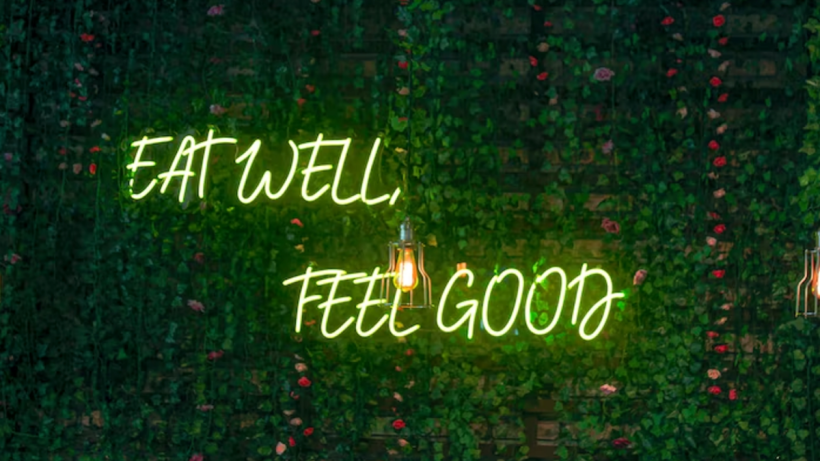Do you suffer from insomnia? The kind that keeps you awake no matter how exhausted you are? Have you tried just about every kind of suggested cure, with no positive results?
Did you know, many insomnia sufferers can reduce their symptoms by including healthy vegan snacks in their diets? This article takes a look at some food triggers that may be at the centre of your restless nights.
How Is Insomnia Defined?
Essentially, insomnia is a sleep disorder that prevents a person from either falling asleep or staying asleep. Statistics show that most Australians will experience a form of insomnia at some point in their lives.
Furthermore, 1 in 10 people will experience a more severe type of insomnia, of which prominent symptoms include:
- Having difficulty or not being able to fall asleep
- Not sleeping deeply and waking up several times
- Being unable to fall back asleep after waking up
- Feeling tired and run down when waking up
Types of Insomnia
One of the factors that make insomnia difficult to treat is that there can be any number of causes. In some cases, more than one trigger could be a contributing factor. For the most part, insomnia can be divided into three subcategories.
- Primary insomnia: This refers to a bout of insomnia that doesn’t have a particular cause. The person isn’t unusually stressed, doesn’t suffer from anxiety and has regular sleeping patterns. Essentially, the cause is undetermined.
- Secondary insomnia: A person’s bout of insomnia can be attributed to a specific cause such as stress, anxiety, depression, recovery from an injury or any other type of medical condition. Usually, insomnia clears up when the underlying cause is treated.
- Chronic insomnia: A person labelled as a chronic insomniac is someone who has trouble falling asleep or staying asleep for three consecutive months. This doesn’t mean that the person never sleeps, but they don’t have a regular sleeping pattern and often don’t get enough sleep. They may actually only sleep a few hours every day. Primary insomnia often leads to chronic insomnia as the cause can’t be identified.
Common Dietary Causes of Insomnia
The causes of insomnia can vary from stress and anxiety to sleep disorders and even irregular sleeping patterns. More recently, scientists have started drawing a collaboration between the types of foods people consume and their ability to fall and stay asleep. Let’s take a look at some of the more common eating habits that could be triggering your Insomnia.
1. Too Much Caffeine
Insomnia is a vicious circle. You can’t sleep at night, so you drink coffee to stay awake during the day. For many insomniacs, this only aggravates the situation. Since caffeine’s effects tend to kick in 30 to 60 minutes after consumption, doctors recommend not drinking coffee or caffeinated drinks at least two hours before bedtime.
Depending on your tolerance level, you might have to adjust your personal caffeine cut-off to earlier in the day. It’s crucial to reduce your energy drink intake as well. Opt for herbal teas and water as a drink of choice.
2. Spicy Food Close to Bedtime
One of the common causes of insomnia is heartburn or GERD (gastroesophageal reflux disease). To avoid a stab of heartburn keeping you awake, avoid spicy foods before bed or as your midnight snack. Rather opt for healthy vegan slices that don’t contain excessive spices or seasoning.
3. Refined Carbs
It’s no secret that a diet high in refined carbs increases your risk of heart disease. But did you know that it can also be a common trigger to your insomnia? This is because carbs induce the secretion of adrenaline and cortisol which keep you awake. Carbs to avoid late at night include:
- White bread
- Pasta
- Pastries
4. Saturated Fats
Some food types only trigger irregular sleep if they’re eaten close to bedtime. Saturated fats, on the other hand, will have a negative effect on your sleeping pattern no matter when you consume large quantities. That means, too much-saturated fats for breakfast or lunch will still affect your quality of sleep despite being consumed several hours before bedtime.
Saturated fats to eat less of include:
- Red meat and other animal-based foods
- Cheese
- Butter
- Fried foods
Healthy high-fat foods that are better to eat:
- Avocados
- Dark chocolate
- Chia seeds
- Walnuts
- Omega-rich fatty fish such as tuna or salmon
People who regularly get up to snack during the night should consider replacing their regular snacks with healthier snack options. Many vegan options are made from “good fats” and won’t hamper your sleeping patterns.
Final Thought
Whether you’re a regular insomniac or only suffer the occasional bout of restless sleep, it’s worth investigating the possible causes. If your unhealthy eating habits contribute to your irregular sleeping patterns, a small change could transform your life!
If you’re a nighttime snacker, remove the refined carbs, saturated fats and caffeine from your snack list. A simple switch to healthier vegan snacks might be just what your body needs to finally get a good night’s sleep!
Laila Azzahra is a professional writer and blogger that loves to write about technology, business, entertainment, science, and health.
